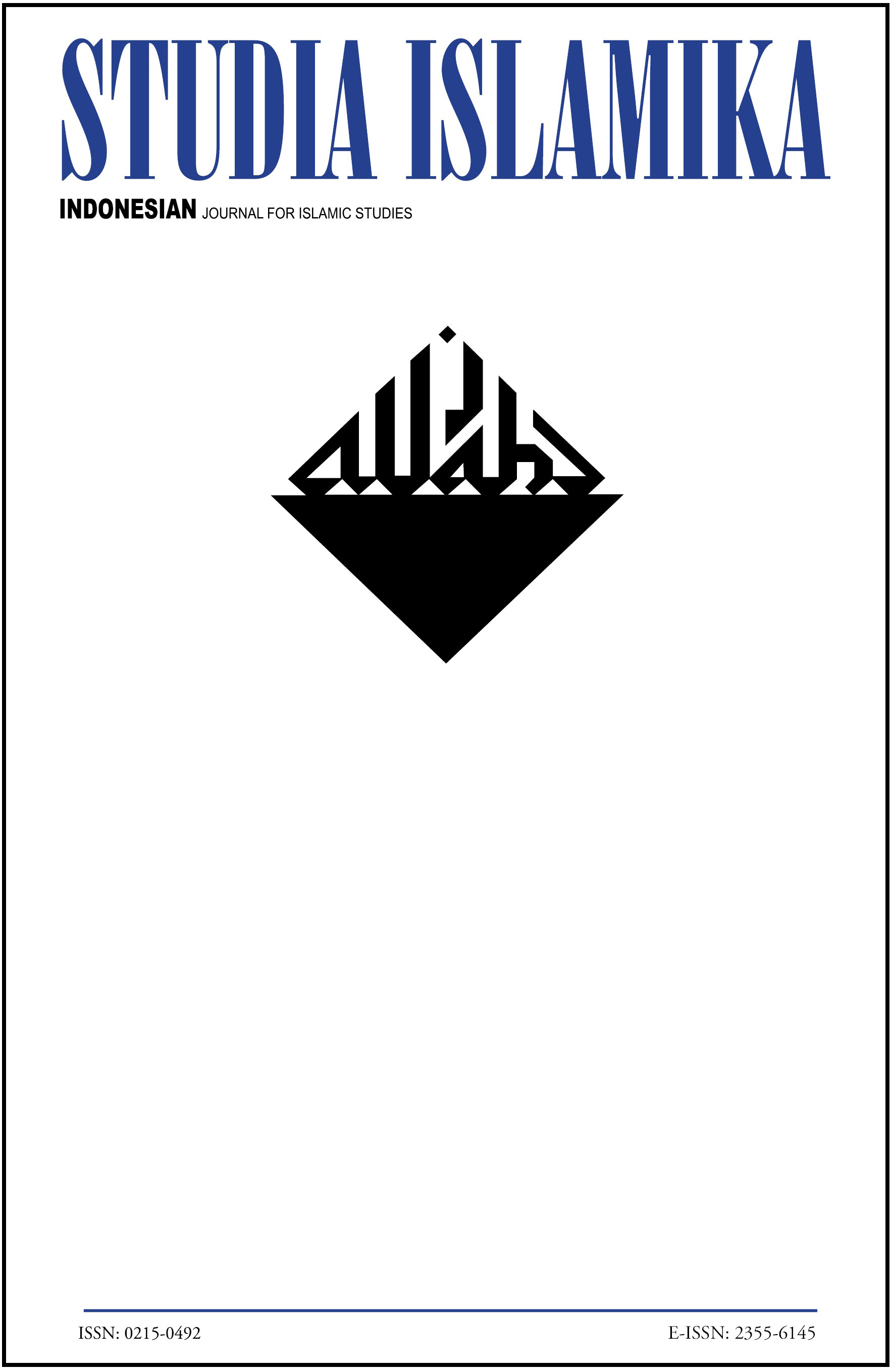Abstract
In Malaysia, official fatwá issued in each state played a crucial role in the regulation of ajaran sesat, or ‘deviant’ groups, such as Darul Arqam, Ahmadiyah, Taslim, Shi’a and many Sufi orders. The regulation of groups through official fatwá can be traced back to the 1930s. The development of control over them was deeply concerned with the upheavals in the Islamic world in the 1920s and the rise of the Salafi stream. The muftī in the Malay sultanates took the initiative in the regulation of ‘deviant’ groups. Among them was Sayyid Alawi Tahir al-Haddad, a muftī from Johor, who denounced the Salafism, or Kaum Muda, in Southeast Asia and other new streams through his fatwá. Sayyid Alawi was from Hadhramaut in Yemen, the stronghold of the Shafi‘i school. His attempt to strengthen the Shafi‘i school and regulate the new streams of Islamic thought was, in Malaysia, one of the origins of the efforts to gain control over ‘deviant’ groups through official fatwá.DOI: 10.15408/sdi.v22i2.1917Authors who publish with this journal agree to the following terms:
- Authors retain copyright and grant the journal right of first publication with the work simultaneously licensed under a Creative Commons Attribution License that allows others to share the work with an acknowledgement of the work's authorship and initial publication in this journal.
- Authors are able to enter into separate, additional contractual arrangements for the non-exclusive distribution of the journal's published version of the work (e.g., post it to an institutional repository or publish it in a book), with an acknowledgement of its initial publication in this journal.
- Authors are permitted and encouraged to post their work online (e.g., in institutional repositories or on their website) prior to and during the submission process, as it can lead to productive exchanges, as well as earlier and greater citation of published work.
Downloads
Download data is not yet available.

